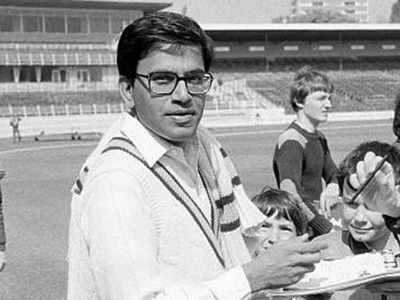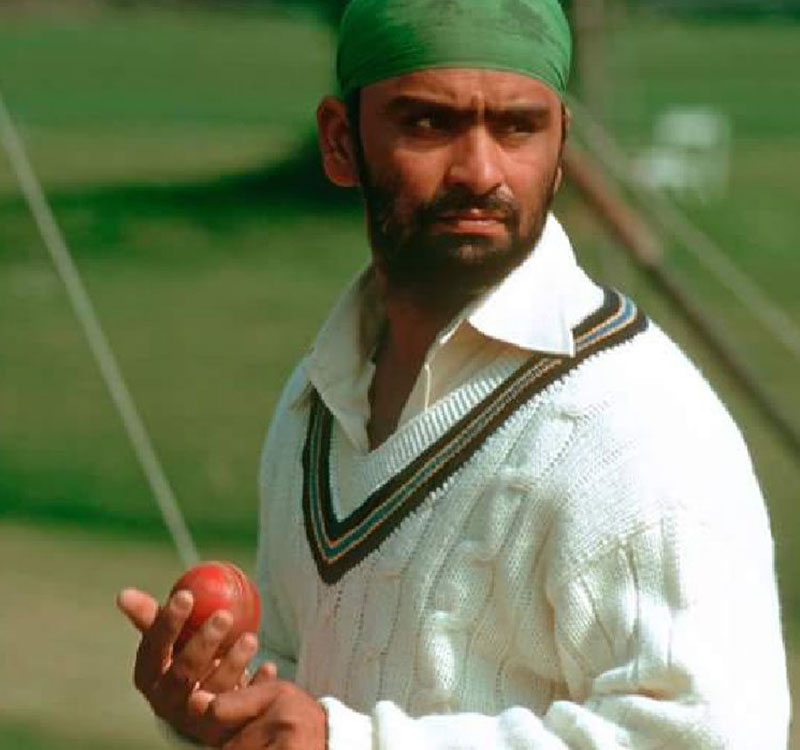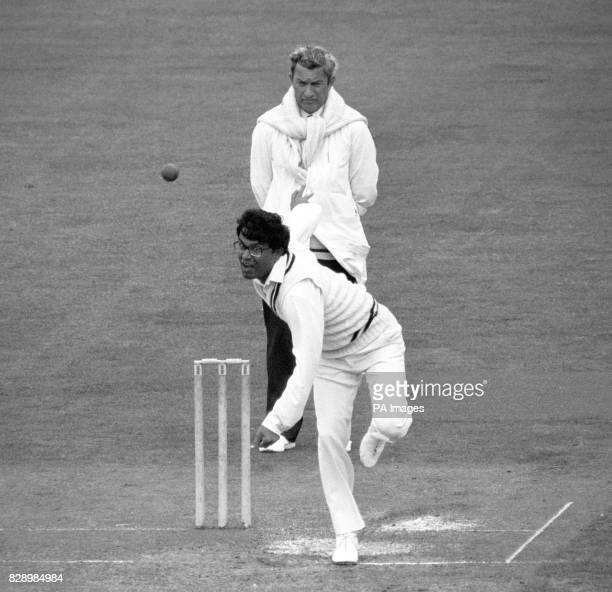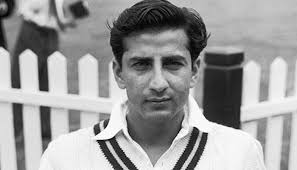
Thread:
Danie Craven (died 4 Jan 1993).
An extraordinary career cut short by the WW2 when just 28, Springbok captain, world’s best scrum-half
Springbok #rugby supremo, who said in 1969 “There will be a black Springbok over my dead body”
#onthisday #blm #blacklivesmatter
Danie Craven (died 4 Jan 1993).
An extraordinary career cut short by the WW2 when just 28, Springbok captain, world’s best scrum-half
Springbok #rugby supremo, who said in 1969 “There will be a black Springbok over my dead body”
#onthisday #blm #blacklivesmatter

Craven was also a stellar scholar.
phd in Ethnology at Stellenbosch (dissertation Ethnological classification of the South African Bantu, 3rd doctorate for work on Evolution of Modern Games)
Appointed Stellenbosch's first professor of Physical Education in 1949, till 1975
phd in Ethnology at Stellenbosch (dissertation Ethnological classification of the South African Bantu, 3rd doctorate for work on Evolution of Modern Games)
Appointed Stellenbosch's first professor of Physical Education in 1949, till 1975

As far as rugby was concerned, Craven became a selector after the War, and then took over as coach in 1949. The Springboks started to win everything in sight, 10 matches in a row, including the famous whitewash of the All Blacks. 

In late 1952 Craven was contacted by Jack Cheetham to draw up a training regimen for the inexperienced cricket side to tour Aus. The routines were diligently implemented . It resulted in a earlt great fielding side, who held the mighty Aussies 2-2 with their limited resources. 

In 1956 Craven became President of South African Rugby Board. A year later he became a member of the International Rugby Board and subsequently its chairman. 

From early 1960 the decision to send all-white teams to SA following the dictates of the apartheid government came under severe criticism in NZ. Supporters of the movement included NZ cricket captain Walter Hadlee, Maori rugby union star George Nepia & mystery writer Ngaio Marsh 

In 1964, ten New Zealanders were invited to participate in the 75th anniversary celebrations of the SARB—five white players, three senior administrators and two Maori representatives. NZRFU sent Pat Walsh and Ralph Lowe as the Maori duo. 

Lowe was chosen because he supported the South African stand of playing only against white sportsmen. Walsh (in pic) was chosen because he was very fair skinned and could easily pass for a white. #BlackLivesMatter 

While treated as an honorary European through the tour, problems arose when a group of players tried to get Walsh into one of their white teams.
Danie Craven stepped in.
He made it clear that the time was not right for Walsh to play.
Danie Craven stepped in.
He made it clear that the time was not right for Walsh to play.

The Springboks were on tour in New Zealand when, on 5 Sep 1965, President Verwoerd spoke at Loskop Dam. He reiterated: Springboks had subjected themselves to the traditions of NZ. The SA government expected the New Zealanders to do the same when they were the guests of SA. 

What it meant was the All Blacks touring South Africa in 1967 needed to be All whites. The Maori rugby stars were not welcome.
The tour was cancelled. Just like the 1968-69 cricket tour would be because of the D’Oliveira incident.
The tour was cancelled. Just like the 1968-69 cricket tour would be because of the D’Oliveira incident.

In late 1969, Craven was in Britain with the Springboks.
The Stop The Seventy Tour movement was on in full force. The D’Oliveira affair had raised a storm of unrest that even shook the rigid windows of the Long Room of Lord’s.
The Stop The Seventy Tour movement was on in full force. The D’Oliveira affair had raised a storm of unrest that even shook the rigid windows of the Long Room of Lord’s.

In spite of every intention of MCC to go forward with the 1970 South African tour of England, the young long haired rebels led by Peter Hain made it difficult, demonstrating at every game, interrupting quite a few. 

Craven gave an interview to Sunday Times.
“Blacks, Coloureds & Whites are separate nations. Like Scotland, Wales & England. They're different stock, so they won’t ever play in the same side. But maybe, like your Lions, one day, we would have such a team, combining the nations”
“Blacks, Coloureds & Whites are separate nations. Like Scotland, Wales & England. They're different stock, so they won’t ever play in the same side. But maybe, like your Lions, one day, we would have such a team, combining the nations”

Did the Scots and Welshmen live in tin shacks and have to carry passbooks get into England? Were they made to sit in separate benches, use separate public amenities, deprived of rights, clustered into ghettos?
Craven did not stop with this monumentally naive bull-shit.
#BLM
Craven did not stop with this monumentally naive bull-shit.
#BLM

Back in South Africa, asked about the possibility of integrated teams, he said those immortal words: “There will be a black Springbok over my dead body.” 

During isolation of Springbok rugby (starting 1967, but by bit 1970s and early 1980s, complete by 1984, Craven continued to maintain links with the international sport through his position in IRB. Like rebel cricketers, unofficial Kiwi side, New Zealand Cavaliers, visited in 1986 

Things changed in 1988.
Aged 78 now, Craven met African National Congress leaders in Harare in a bid to return to the global fold.
Aged 78 now, Craven met African National Congress leaders in Harare in a bid to return to the global fold.

It was a move criticised by a lot of right wing voices, including white supremacist president PW Botha. It did a lot in forming the unified South African Rugby Football Union in 1992. 

The reforms were continued when FW de Klerk, who as sports minister had criticised Craven’s move, became the miracle-working apartheid-ending President. 

In 1993, Craven became the first chairman of SARFU.
A complicated man, loved in certain quarters, fiercely hated in others. And a great, great scrum-half.
A man stuck most of his life in his white bubble, redeeming himself somewhat in his last years.
A complicated man, loved in certain quarters, fiercely hated in others. And a great, great scrum-half.
A man stuck most of his life in his white bubble, redeeming himself somewhat in his last years.

In later years, he was seen everywhere with his dog Bliksem, even at rugby practice sessions.
Doc and Bliksem stand together today in the commemorative statue at Coetzenburg, Stollenbosch.
Doc and Bliksem stand together today in the commemorative statue at Coetzenburg, Stollenbosch.

Danie Craven ... Springbok great ... Face of Apartheid sport, later a bit of a reformer.
Born 11 Oct 1910
Died #onthisday 1993
Born 11 Oct 1910
Died #onthisday 1993

A lot of this is there in Apartheid: A Point to Cover.
It is a book on cricket & Stop The Seventy Tour, 1970
But without the background STST remains a mystery.
"Written at a galloping pace … An extraordinary book“ David Frith
#BlackLivesMatter
amazon.co.uk/dp/9492203030
It is a book on cricket & Stop The Seventy Tour, 1970
But without the background STST remains a mystery.
"Written at a galloping pace … An extraordinary book“ David Frith
#BlackLivesMatter
amazon.co.uk/dp/9492203030
• • •
Missing some Tweet in this thread? You can try to
force a refresh



















